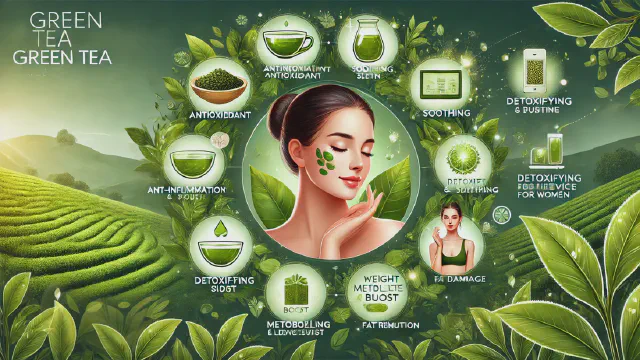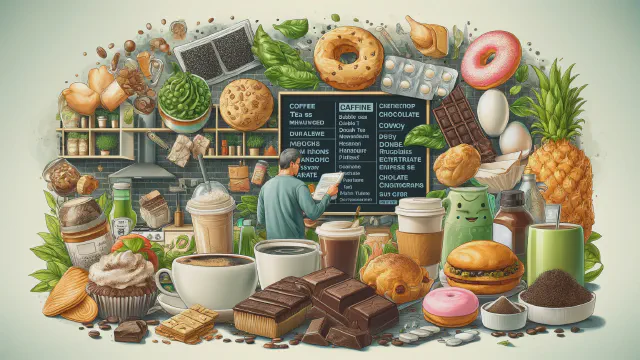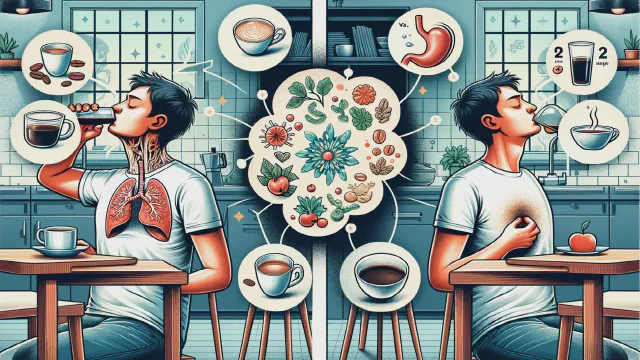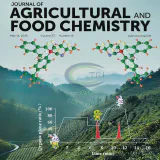
Why White Tea Is So Loved: A Story of Simplicity and Pure Flavor
Why White Tea Is So Loved: A Story of Simplicity and Pure Flavor
White tea is more than just a type of tea — it’s a philosophy in a cup. With its minimal processing, subtle aromas, and authentic character, white tea has captured the hearts of tea lovers around the world.
In this article, we’ll explore what makes white tea so special, from its natural craft to its beginner-friendly nature.













